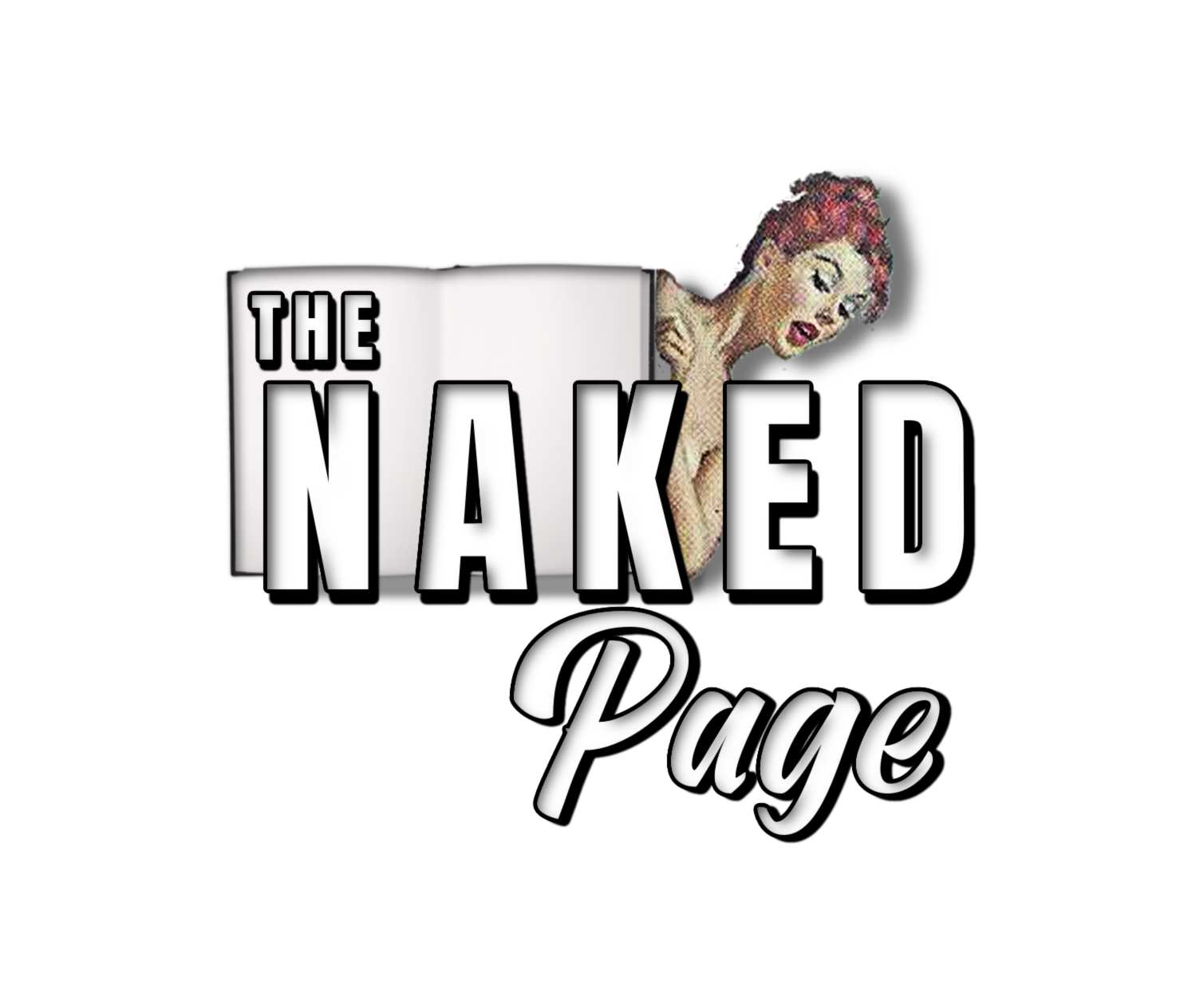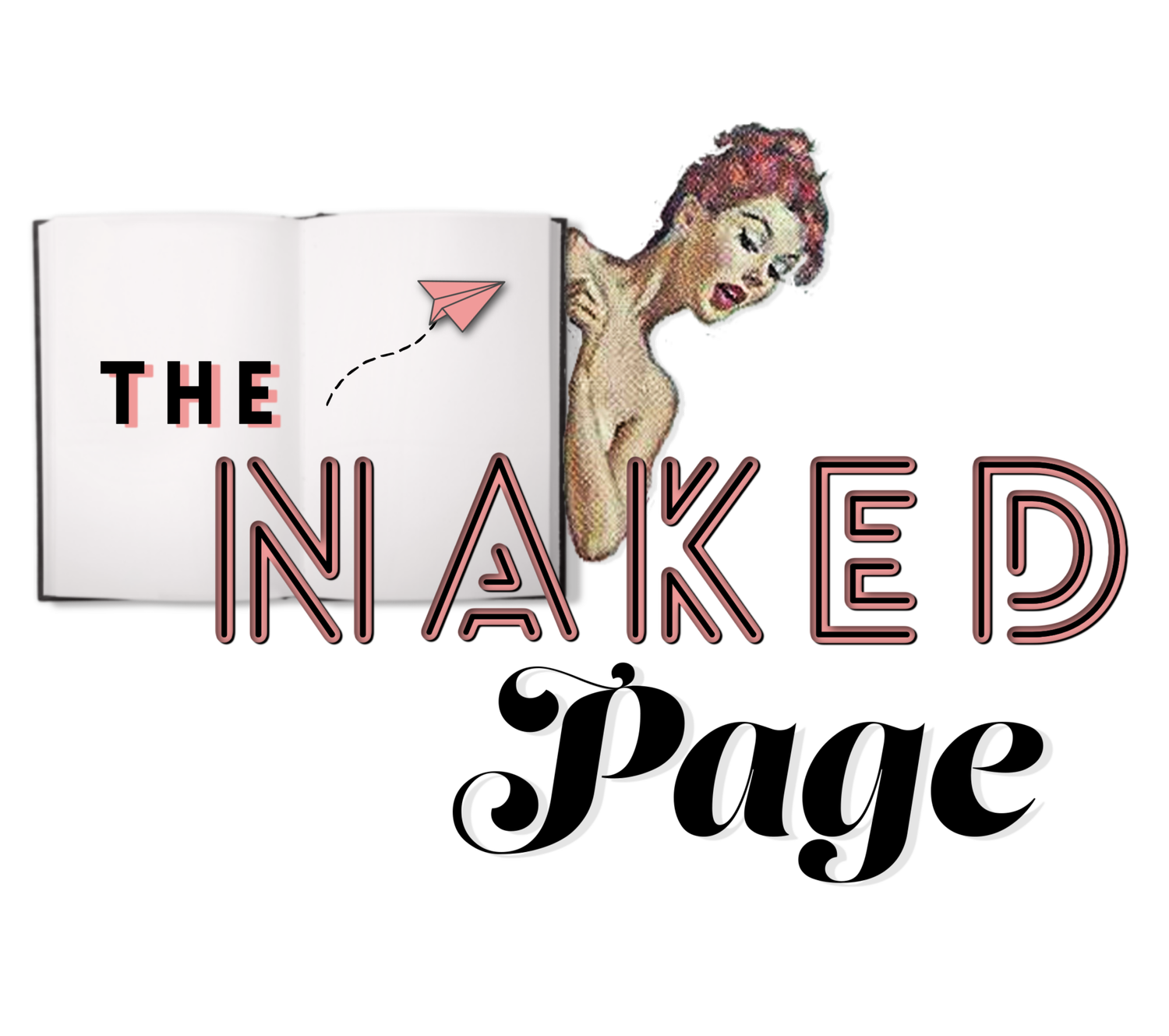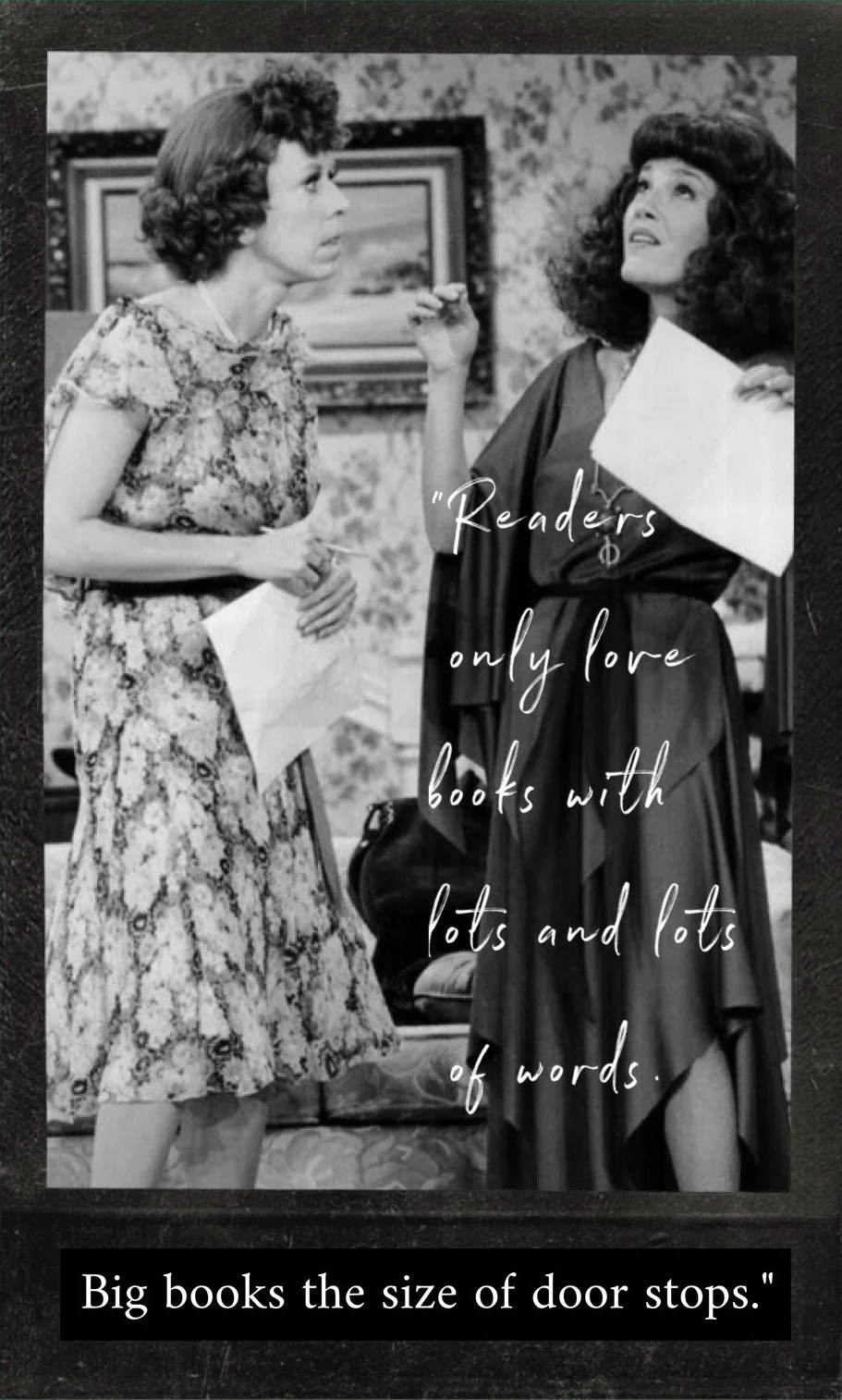Economy of Words: How to Cut the Crap
I see it every week in some Facebook group.
A writer posts that they’ve reached a specific word count. YAY! Shoot the confetti cannon! You made it!
They are so excited for their accomplishment. And they continue to make announcements as their counts climb higher and higher.
“That rising word count is addictive. ”
Sorry to be a buzzkill, but when I see someone broadcasting their word count, I think, “great, now you’ll have even more words to edit out.”
We editors can be a cynical lot. But I swear it’s because we really care about writers and the stories they want to tell.
Look, anyone who can commit to a regular writing practice should be congratulated. And for novice writers struggling to get words on a page, a word count may be just the thing they need… in the beginning.
But as a developmental editor, I’ve found most people have the opposite problem. They’ve written so much stuff, they don’t know what to do with it all. They’re like hoarders waiting for an intervention. Their piles of words sit and sit, with no direction and no conceivable shape.
Yet, most online writing advice advocates for writing even more words. But they don’t explain what to do with the words you’ve already written.
“Remember why you fell in love with stories.”
This is a frustrating place to be as a writer.
Are you at this point?
If you are, it’s okay. I get it. You don’t need another writing prompt or more inspiration. Or more words. You’ve gathered all your raw materials.
What you need are real techniques to get you to the heart of your storytelling.
You started writing because you fell in love with stories, am I right?
The passion, the intrigue, the page-turners. That powerful force that seeks to answer the big question: what will happen next?
“Stories give substance to our struggles.”
“If some author can solve their problems through writing, maybe I can, too.”
Stories give substance to our struggles. The power of storytelling is an important tool humanity’s used since humans were, well, human.
So, yes, there are writers who can’t get any words down. But there are plenty more writers, like you, who are overwhelmed by all their words. What you need is shape, form, and meaning, not mere motivation to write more.
At times, my words have been too accessible. I’ve always liked the way words sounded. And as soon as I could write, I loved the way they looked, too.
My mother told me that I started talking around six months old and I never shut up.
As a kid, I became obsessed with filling out comment cards in restaurants.
And when my high school peers were praying for multiple-choice tests, I felt lucky to get an essay. With long-form questions, I could answer in my own voice. Win-win.
And there it is folks. Ahhhhhhh! Like a glowing halo around my heart.
My. Own. Voice.
“The power in writing is discovering your own voice. ”
The power I found in writing was discovering how to use my own voice! My perspective. That’s big stuff. And it’s a power you deserve to have, too. Don’t you want to discover how to write in your own voice?
The writing process can be a magical place. Not somewhere to hoard huge word counts, like a miser counting his money. But a path toward true storytelling.
I’m an editor now, but I once suffered from word count mania, too. That rising word count is addictive. We believe if we keep adding words our writing will eventually satisfy us and we’ll be understood.
That didn’t happen to me. At least not at first. And I bet it isn’t happening for you, either.
“Have you cornered a word count, but your content isn’t clear?”
When I finished my first memoir, I’d written so many words my manuscript was an uncontrollable beast. I had cornered the word count, but my content wasn’t clear.
The thrill of writing lots of words left me numb when I realized I needed to edit it into a manageable story. Even NaNoWriMo seemed great fun at first until I breezed past the 50,000 words, with the last 1,000 having nothing to do with my story. After “winning,” I sat on the other side of my word mountain feeling like an avalanche had buried me.
Brrrrrrrrrrrrr. My writing was frozen.
How the hell was I supposed to sift through all these damn words and know which ones to keep and which ones to toss?
The glamour of writing died when I realized I couldn’t just produce a big rough draft. I’d also have to face a tedious editing process. NaNoWriMo was my entry point, but I had no idea how to take the next step.
Until…LIGHTBULB! I got an idea. And it was THE idea!
“Editing is real writing.”
What if the editing process was the real writing? My rough draft was just the lead-up to my revisions. But once I started editing, that’s where I’d structure my story. So how could I more effectively get to this most important phase? I didn’t want to waste time writing irrelevant stuff.
“The economy of words is when you use only the necessary words to convey the clearest and most direct meaning.”
My first memoir was a great teaching tool. It taught me about employing the economy of words, even in the early phase of the writing process. The economy of words is exactly what it sounds like—using only the necessary words to convey the clearest and most direct meaning.
It’s a hard process. I know, I’m southern. Our rambles are an art form. Take a look at any southern writer—let’s say, Faulkner. If you’ve ever had to excavate meaning from the Sound and the Fury in high school or college, you know exactly what I’m talking about.
Faulkner might have been a literary giant. But we are living in the 21st century. We don’t need a pseudo-Faulkner, we need you. Your stories.
As a developmental editor, I’ve worked with plenty of writers suffocating under the weight of their words, but without a clue as to how to structure their stories. So, I developed a formula to help them find their message sooner. The first part of the formula is listed here. All it requires is to identify four essential elements. These four elements will help you cut the crap and anchor your message.
Here are the 4 Essential Elements to Anchor Your Story’s Message:
1. Topic:
What’s the subject of your writing? Can you list it as a phrase or a single word? You can usually find your topic within that big moment, the one that produces a change in you or your main character. It’ll be the experience compelling you to write. Like stage fright. Or your divorce. Or maybe it was your near-death experience.
2. Tone:
What’s the attitude you have towards this topic? The tone you take will be prevalent in your word choice and style. Maybe you’ll find it through your preferences. What is your favorite kind of movie? Do you love comedies but hate horror? Maybe you take a humorous tone. Or maybe your friends tell you they like your advice because you are funny but honest. So, you know your tone is motherly but also relatable. If you’re writing an academic piece, your tone will have to be serious and unemotional.
Ask yourself, “how do I prefer to relay information?”
3. Audience:
Who do you want to reach with your story? Can you envision an ideal reader? Is that person your best friend? Or maybe some stranger you met on the bus you clicked with in the first five minutes? Aiming for an audience early on will help you figure out what you want to say. I’m sure your text messages to your mother don’t sound like the ones to your lover. I hope not. Remember, don’t leave your reader out of your story.
4. Universal Theme:
This is where a lot of writers get lost. But I assure you this is much easier than you think. What’s the central message you want to convey that almost anyone will find relatable? If your topic is stage fright, maybe your universal theme is overcoming fear. Your audience doesn’t have to be a pack of performers to have the desire to alleviate intense anxiety.
The universal theme ties together all the lessons you’ve learned. It’s the message underneath all your lived experiences.
Movies, books, fairytales, fables, and myths all have themes. Many have multiple themes. Pick up any classic book’s Cliff’s Notes and you’ll usually find about three. But you want to identify one central message. What is your story really saying to your audience?
You can Google “universal themes list” to get some examples of themes you can apply to your writing.
And if you find these four essential elements helpful, I’ve got a new eBook coming soon. In the eBook you’ll see how you can put these four components together to create a Working Title Formula™. It’s a simple concept that’ll give meaning to your material much quicker than word counts can. Stay tuned.
In the meantime…
A word of caution: Don’t go to extremes
The economy of words is important, but moderation is key. Don’t think you have to be so strict with this technique that you lose your juice. I mean it! We need to hear your voice on the page.
Have you ever read a writer’s work that’s void of depth or style?
Usually, these authors have taken the economy of words so literally that their writing loses all its flavor. Their writing is flat and they lack identity on the page.
Your audience needs you. They need to differentiate your work from the work of others. So, don’t cut out key pieces of information or words that are unique to your writer’s voice.
Think of the economy of words like alcohol. Too much of it is a bad thing. But even doctors say drinking in moderation has health benefits. Plus, you know you’ll have more personality after that one cocktail. I said one. Go easy, okay?
To avoid lifeless writing, make sure to hit these key points:
Start in the action
Make strong statements
Have an opinion
Stop asking your readers for permission
Write like you talk
The economy of words encourages you to be direct, but not sound like a computer spitting out directions. We don’t need another spambot.
There will always be opportunities in your work to ramble a bit during a specific scene or when introducing a new character. That’s not something to stress over.
Your goal here is to use these four ingredients to identify your voice more easily and to anchor your story’s message. To figure out what you want to say to an audience and state it without hesitation.
“Are you writing AROUND a topic? ”
Many times, excessive word use is due to novice writers writing around a topic.
They’re afraid they’ll piss someone off or they aren’t sure what they want to say. Instead they kinda, sorta move around a very difficult subject in a really, really polite way just so they might introduce some kind of possible new thought but without saying too much about it in any one particular way.
Stop it.
Take a stand.
Find the right words and let them flow out of you.
You’ll always need to edit. At times it’ll be more challenging than others. But if you can identify the essential elements of your writing earlier in the process, you’ll be able to cut the crap more effectively.
Your writing will also sound more like you!
Have you identified the 4 elements in your early rough drafts? Did hit you with an ah-ha moment?


